May is Mental Health Awareness Month, and at Nest Collaborative, we are shining a spotlight on maternal mental health. The postpartum period can be emotionally complex, and transitions in feeding—whether it's introducing solids, changes in breastfeeding frequency, or weaning—can deeply impact a parent's mental health. Understanding the biological and emotional shifts that occur during this time is essential for providing compassionate, evidence-based care.
Oxytocin, often referred to as the “love hormone,” plays a vital role in the postpartum period. It is released during breastfeeding, physical touch, and moments of bonding with an infant. In the early months, when feeding sessions and contact naps are frequent, surges in oxytocin help promote emotional connection and overall well-being.
As babies grow and begin to nurse less frequently—often around 9 months or later—those oxytocin spikes naturally decrease. This reduction can contribute to a subtle sense of loss or emotional change in parents. The cumulative hours spent holding, rocking, and feeding an infant may gradually shift as children become more mobile and independent. Parents may not immediately connect these changes to hormonal fluctuations, but the impact can be significant.
Weaning—whether planned, medically necessary, or emotionally driven—also brings hormonal changes that can influence mood. A decrease in oxytocin, alongside other hormonal adjustments, can affect mental health, even for parents who were initially ready or eager to wean.
Weaning can occur for many reasons, including:
Regardless of the reason, weaning can trigger complex emotions, especially if the feeding journey began with challenges or ended abruptly. Lactation consultants play a critical role in supporting families through this transition with informed, nonjudgmental care.
The introduction of solid foods often begins around 6 months of age, but this milestone can be confusing or stressful for families. The first half-year of an infant’s life is typically centered around milk volume—how much and how often the baby feeds. Shifting away from this mindset can be difficult.
Delays in introducing solids, or increased anxiety around feeding can stem from:
When combined with potential infant challenges—such as developmental delays or sensory processing issues—this transition can become overwhelming. Without tailored support, many parents feel inadequate or like they are “doing it wrong.” A compassionate provider can help families reframe expectations, offer practical guidance, and build a plan that supports both baby and parent.
Research has shown that breastfeeding can lower the risk of postpartum depression (PPD). While breastfeeding is not a guarantee against mental health struggles, it often contributes to bonding and emotional regulation for the parent. Unfortunately, misconceptions about medication safety and sleep can sometimes lead healthcare providers to recommend unnecessary weaning.
For example:
In many cases, breastfeeding is one of the few aspects of postpartum life that is going well and providing emotional stability. Encouraging families to wean unnecessarily may remove a key coping tool during a vulnerable time.
Perinatal mood and anxiety disorders (PMADs) risk may increase with unaddressed breastfeeding issues, such as pain or lack of support. Prompt, effective lactation support is a valuable preventive measure for improving both physical comfort and emotional health.
